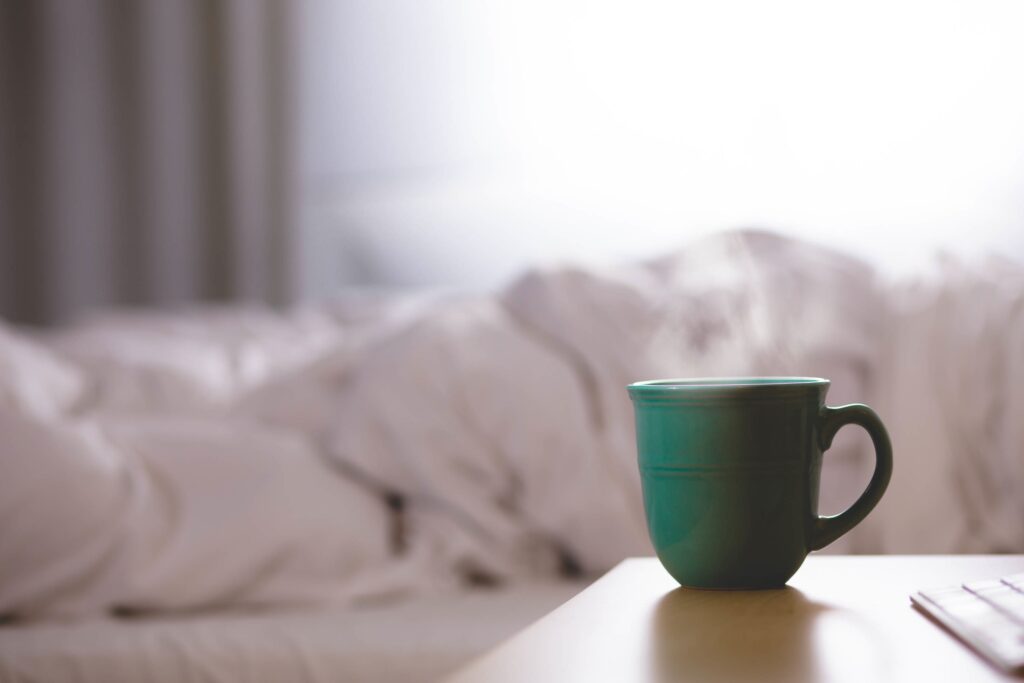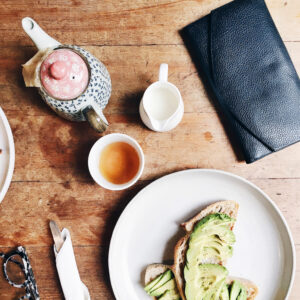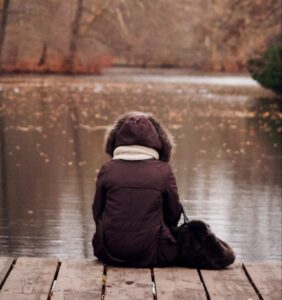Advertisement
This Could Be Why You Keep Catching a Cold
Was that ... a sniffle?

Getting sick is the worst, especially when it happens again and again during fall and winter. If it feels like you and everyone in your life are just trading colds, don’t despair.
Advertisement
Keep catching a cold?
For starters, try boosting your immune system with nutrients like vitamin C and zinc. Plus, stop believing some sneaky cold and flu myths, like the belief that once you get sick, you’re safe for the rest of the season. (If only that were true …)
Advertisement
The research
Beyond that, science offers us a simple yet surprising trick that might stop an approaching cold in its tracks: sleep. According to a recent study, you become much more susceptible to catching a cold when you lose sleep.
The study assessed the sleeping habits of 164 people between age 18 to 55 for seven days. Then, the study subjects were exposed to a cold virus. It turned out that those who’d slept for fewer than six hours on average were far more likely to catch a cold.
Advertisement
The takeaway
If you average only five or six hours of sleep, you’re about four times (yes, four times) more likely to catch a cold than someone who averages at least seven hours of sleep. Even if you’re exposed to the cold virus, your body is better able to fight it off when you’re well rested. Not to mention the other side benefits of slumber: greater productivity at work, more energy when working out, and improved mood.
So the next time you think about staying up until 11 pm to finish an addictive read or binge-watch your favourite show, maybe just go to bed. Your body will thank you.





